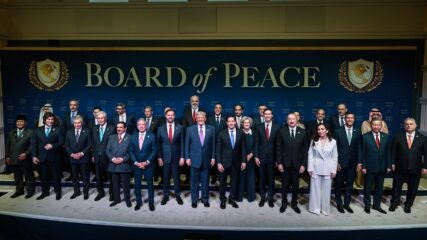The concurrent success of American Jews and Israeli Jews, even if they are developing with two different understandings of Jewish identity, should not lead to distancing or sibling rivalry. Rabbi Cosgrove relates to the emergence, in both the U.S. and Israel, of two Jewish communities no different than the Sephardic and Ashkenazic. In Israel, the Sephardi-Ashkenazi divide belongs to the past. The greatest success of the Jewish state is Kibbutz Galuiot, the creation of a unifying identity for Jews of every stripe.









